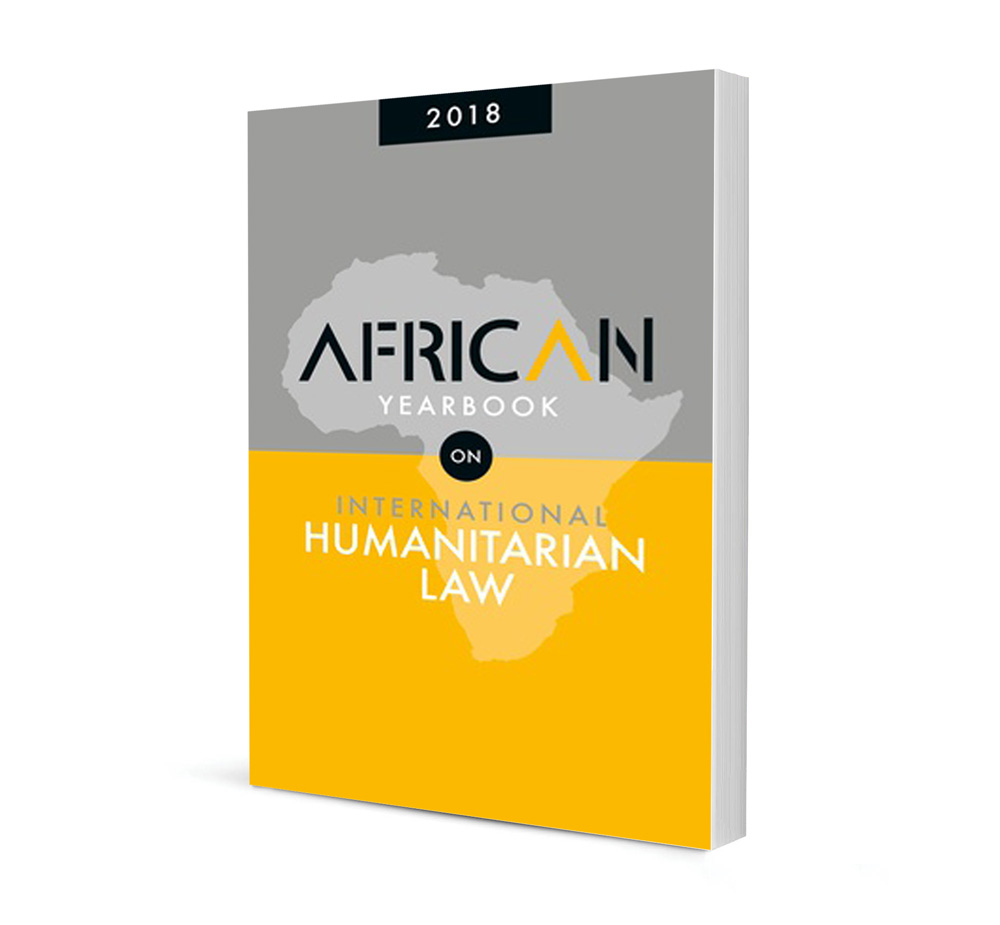
An Analysis of the Principles on the Award of Reparations per Article 75(1) and (2) of the Rome Statute of the ICC
Authors Avitus A Agbor
ISSN: 2521-2621
Affiliations: Research Professor of Law, Faculty of Law, North-West University, Mafikeng Campus, South Africa
Source: African Yearbook on International Humanitarian Law, 2018, p. 98 – 118
Abstract
The award of reparations to victims of serious crimes is quite unprecedented in the pursuit of international criminal justice. In this regard, the Rome Statute of the International Criminal Court (hereafter Rome Statute of the ICC) stands out as it contains arrangements for the award of reparations to victims of crimes over which the Court has jurisdiction. Article 75(1) of the Rome Statute of the ICC mandates the Court to develop principles governing the award of reparations while Article 75(2) grants the Court a discretionary power to make an order for individual and/or collective reparations. So far, three cases concluded by the Court have moved to the reparations phase, laying down the jurisprudential architecture for what principles will be applied in the award of reparations. Using the jurisprudence of the Court on the establishment of principles on the award of reparations, this paper unpacks some of the technicalities therein; examines the relationship between the Court and the Trust Fund for Victims established under Article 79 of the Rome Statute of the ICC, especially in cases where the convicted person is found to be indigent; and considers whether the Court has any kind of control over the resources of the Trust Fund for Victims.